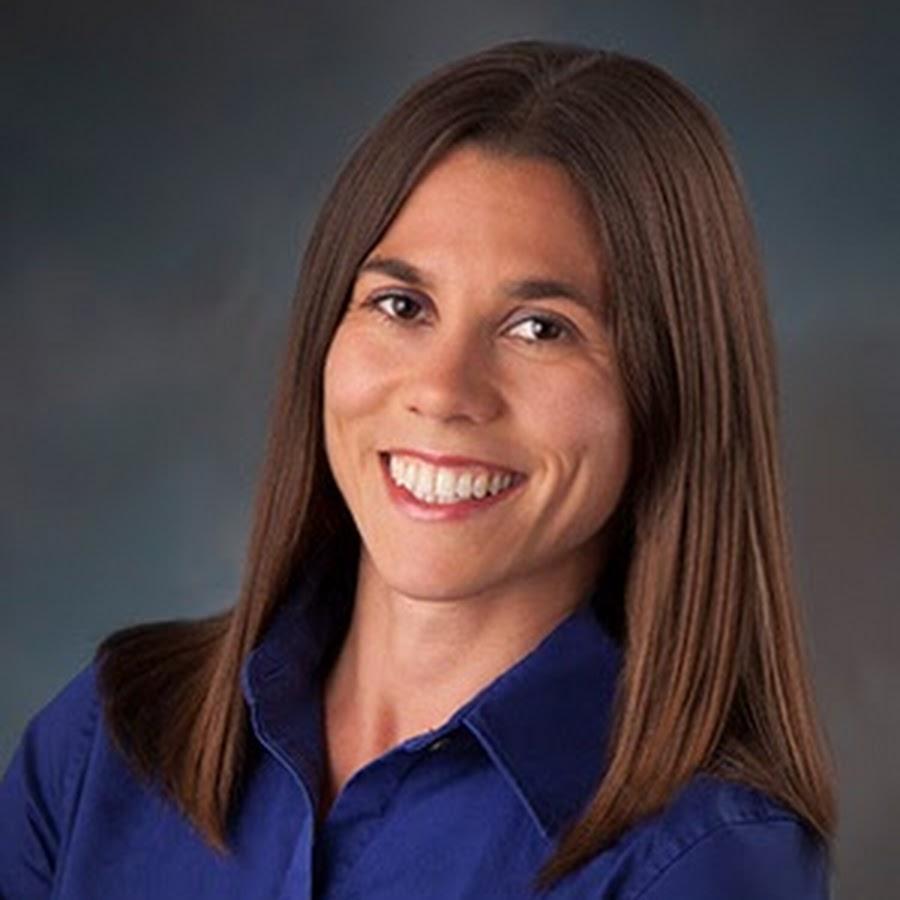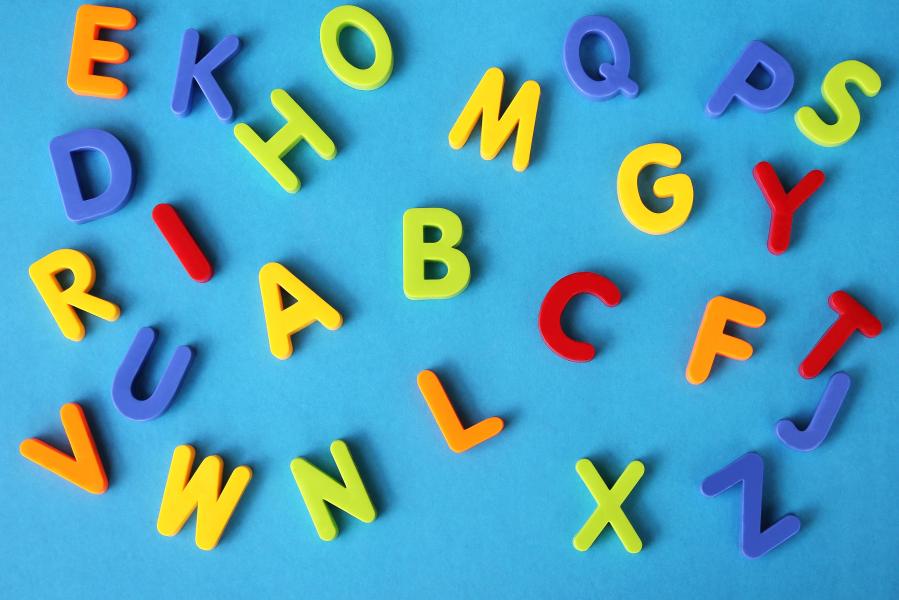Original post: drkarenspeech.com
"Speech-language pathologists aren't supposed to be working on spelling."
Or are they?
I'd make the argument that they should be.
SLPs know they play a role in building literacy skills. But how that role plays out in day-to-day practice remains up for debate…especially when it comes to spelling.
If you search through the vast amount of therapy materials on Pinterest, Teachers Pay Teachers, or some of the other places you can go for materials, you’ll find a decent number activities focused on building skills such as reading comprehension, vocabulary, or phonological awareness.
But oddly enough, you won’t find much, if anything, that outlines what SLPs should be doing to support spelling.
It’s like we’re inadvertently sending the message that SLPs shouldn’t be focused on building spelling skills in therapy.
But that couldn’t be further from the truth!
Here's why: Spelling skills are directly linked to vocabulary acquisition.
Most SLPs know they should be focusing on vocabulary in therapy…but what gets a little bit fuzzy is what we actually mean when we say “vocabulary”.
Often we equate vocabulary with content knowledge and word meanings, which is accurate…but there’s more to it than that.
Vocabulary is actually a broad umbrella construct that’s made up of 5 different components: phonology, orthography, morphology, semantics, and syntax (Kucan, 2012).
What that means is that knowledge of each one of those 5 components is what makes up what we consider “vocabulary knowledge”.
And while it’s beyond the scope of this article to in to all 5 components, I wanted to point one of those components out in particular because it’s one that I personally skimmed over early on in my career…and I’ve found that this is the case for a lot of the SLPs I mentor:
That component is orthography.
Orthography is the knowledge of how words are spelled and the written symbols used to do it (Kucan, 2012).
Contrary to popular belief it’s not just handwriting.
It’s not only about how words look, but the meaning we give to those written symbols we see.
Our ability to attach meaning to those written symbols we see is directly linked to our knowledge of those words, which is why orthographic knowledge is actually a subset of vocabulary knowledge.
And here’s the other interesting part.
Even though I’ve mentioned 5 separate components, we can’t really think about them as 5 separate entities.
For example, when we’re thinking about how words are spelled, we’re also thinking about how we pronounce words.
That falls under phonological and morphological knowledge.
When we’re thinking of how words are spelled, we’re also thinking about the linguistic units that make up the word; such as roots, bases, affixes, and grammatical markers.
That’s morphology. I talk a little bit about that in this article here.
Because these skills are so intertwined with vocabulary, and because you as the SLP are a language expert, spelling absolutely falls within your scope.
Now if you’re thinking, “But wait…I’m not a teacher! And how am I supposed to find time to work on this with all the other things I’m supposed to be doing???”
You’re right.
You’re NOT a teacher, so the way you’d work this in to your therapy is not the same as standard classroom practices.
What you don’t want to do is jump on the bandwagon and do some of the common ineffective spelling practices like these examples: "Three Spelling Activities You Should Stop Now."
So how SHOULD SLPs be working on spelling?
If you aren't sure of the answer right off the top of your head, don't worry.
I wasn't sure of this myself when I first started, mostly because I didn't know a lot about orthography when I first graduated.
The reality is that language therapy is such a huge area, and it's really difficult for graduate programs to cover it all.
But here's the interesting part: You might already be working on spelling in your therapy without realizing it.
Why? Because you're probably spending at least a little time on morphology.
The thing about those "essential 5" components of vocabulary I just mentioned is that they are all interrelated.
That means you can't work on one without inadvertently working on another at the same time.
This holds true for skills like morphology and orthography (and you could add phonology too).
Morphology is the study of the internal structure of words and how they’re formed, including parts such as roots, bases and affixes (Nippold, 2016).
The spelling of those morphemes is so tied in to the meaning we give them.
Think about how we talk about grammatical markers, such as past tense "ed".
If we were explaining this rule to someone, we probably wouldn't call it the "past tense morpheme", we'd simply label it by the way it's spelled: "past tense ed".
Even for things like affixes, although we don't label them by their spellings, you likely get a picture of the letters "r" and "e" in your head when you think of a word that has the "re" prefix.
Spelling is bound by the rules of morphology.
Knowledge and awareness of those morphemes is necessary for kids to both read and spell effectively; especially with the robust multi-morphemic words that come up in grade level texts beyond late elementary school.
So let's come back to this question again: How can SLPs work on spelling?
By working on morphology.
What you want to do is strategically study words with your students, and boost their metalinguistic awareness skills (such as phonological and morphological knowledge).
But when it comes to this kind of work, a lot of us are making the mistake of waiting too long because we think it's a skill for older students.
Yet as I shared in this post here, research actually indicates that students are able to identify affixes and use them to infer meanings of unfamiliar words as early as first grade (Anglin, 1993; Apel & Henbest, 2016).
This means we shouldn't be waiting until late elementary or middle school to start working on these skills.
A lot of kids may appear to struggle with this skill in early Kindergarten; but as they’re learning to read important developments are taking place (Nippold, 2016).
These developments are key, because kids are expected to read multi-morphemic words by grades 3 and 4.
We also know that morphological awareness in the early grades is correlated with reading performance (Apel & Henbest, 2016).
That's why if you have students who struggling with spelling and reading, weak orthographic and morphological awareness are two likely culprits that you can be working on right now.
Have a great week!
To read more articles like this one, you can visit Dr. Karen’s blog here.
References
Anglin, J. M. (1993). Vocabulary development: A morphological analysis. Monographs of the Society for Research in Child Development, 58 (10) Serial No. 238.
Apel, K. & Henbest, V. S. (2016). Affix meaning knowledge in first through third grade students. Language Speech and Hearing Services in Schools, 47, 148-156. doi:10.1044/2016_LSHSS-15-0050
Kucan, L. (2012). What is important to know about vocabulary? The Reading Teacher, 65, 360-366. doi:10.1002/TRTR.01054
Nippold, M. A. (2016). Later language development: School-age children, adolescents, and young adults (4th Ed.). Austin, TX: Pro-Ed. Inc.










